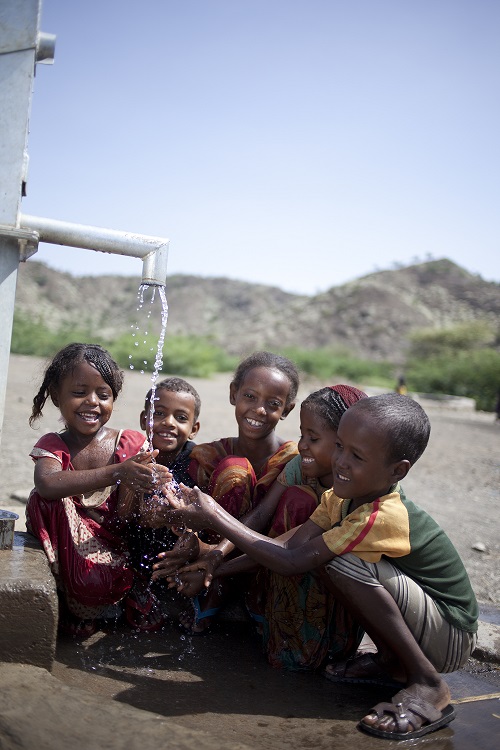Shaping the future: Our strategy for research and innovation in humanitarian response.

Shaping the future: Our strategy for research and innovation in humanitarian response.


“So, how does Save the Children’s WASH work help children, in particular?”
It’s a difficult question for me: clearly our work helps the entire community. And, other agencies also provide emergency water supply and sanitation, so what really makes Save the Children different?
Save the Children has initiated research on how best to adapt Emergency WASH work to take into account the distinct needs of children, focusing on appropriate ways of working, and the technology choices available. Sanitation is often inaccessible for children: for example, in rural Liberia children are routinely told not to use latrines because they are seen as dangerous places; much like British children are told not to cross the road.
Research into “Emergency WASH for Children” has started with a flurry of activity. So far, funding from the Humanitarian Innovation Fund (HIF) has facilitated a review of existing practice, through a desk study completed by consultants Suzanne Ferron and Anne Lloyd, with support from a Steering Group comprising Oxfam GB, International medical Core (IMC) and UNICEF.
Getting buy-in from other organisations will be the key to success, so we organised an initial workshop with the Steering Group, which was also attended by Tearfund, the UK Department for international Development (DfID) and WaterAid. Later in the project we plan to present findings to the WASH cluster (the humanitarian coordination mechanism for organisations that provide emergency WASH).
Initial discussions have highlighted:
This list of interesting and knotty issues continues, and hopefully this research will start to address some of them. The next step is fieldwork in Ethiopia and Bangladesh, in April and May, which we will use to deepen our understanding of the issues, by talking to children and staff who were involved in previous humanitarian projects. We will continue to learn how to provide sufficient safe water, sanitation, and improve people’s knowledge of hygiene issues, in a crisis, while bearing in mind the needs of children.
Photo credit: Save the Children

 Please upgrade your browser
Please upgrade your browser
You are seeing this because you are using a browser that is not supported. The Elrha website is built using modern technology and standards. We recommend upgrading your browser with one of the following to properly view our website:
Windows MacPlease note that this is not an exhaustive list of browsers. We also do not intend to recommend a particular manufacturer's browser over another's; only to suggest upgrading to a browser version that is compliant with current standards to give you the best and most secure browsing experience.